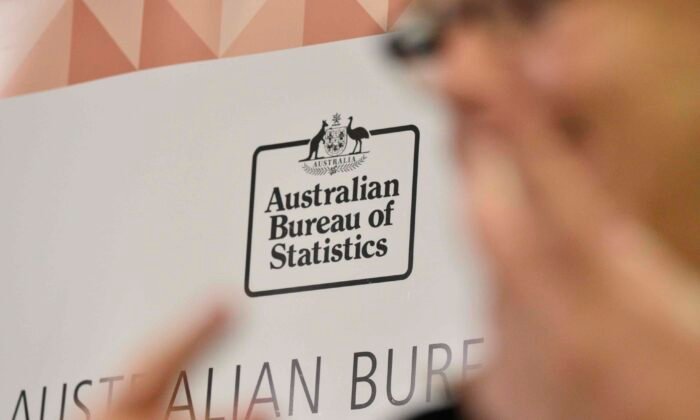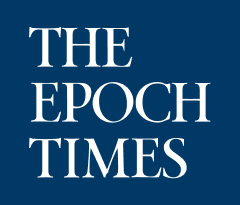‘Australia’s Upcoming Census to Omit Ethnicity Question Amid Concerns’
The ABS stated that the public’s understanding of ethnic identity is inconsistent.
The Australian Bureau of Statistics (ABS) has reversed its decision to gather ethnic data from Australians due to significant issues and complexities.
This decision has been criticized for hindering the understanding of demographic changes as migration numbers in the country reach record levels.
The ABS determined that due to the complexities involved, collecting both ethnic identity and ancestry information on the same form is not feasible for the 2026 Census.
Instead, the ABS plans to focus on improving questions related to ancestry.
Jordan Knight from Migration Watch Australia criticized the decision, pointing out that countries like the United States, the UK, and New Zealand all collect ethnic data.
He added, “I think the government might be trying to conceal this rapid change to avoid backlash.”
Differences Between Ethnicity and Ancestry
During the previous census, the ancestry question aimed to capture a person’s association with ancestries, ethnic origins, and cultures, reflecting the cultural context in which they were raised.
Questions included information on a person’s country of birth, ancestry upon arriving in Australia, language spoken at home, religion, citizenship status, and Aboriginal or Torres Strait Islander heritage.
Priest commented, “There’s a lot of confusion regarding genetic ancestry, cultural identity, and ethnicity.”
However, ANU’s Amrita Malhi highlighted that ethnicity is a complex and fluid concept that lacks a universal definition.
She stated, “Determining ethnicity and who can refer to their preferred group identity as an ‘ethnicity’ poses challenges, with no one-size-fits-all answer for all groups.”
ABS Finds Ethnicity Testing Challenging
The ABS revealed that testing on ethnicity showed varied interpretations of “ethnic identity,” with some individuals associating it with ancestry despite explanations.
The ABS spokesperson cautioned that discrepancies in understanding “ethnic identity” may impact data quality and comparability of cultural diversity data over time.
Gunditjmara leader Jill Gallagher, CEO of the Victorian Aboriginal Community Controlled Health Organisation, emphasized that without collecting ethnic data, addressing health disparities among Aboriginal people would be challenging.
She mentioned that Aboriginal individuals in Victoria were not accessing cancer screening facilities promptly, stressing the importance of measuring outcomes to tailor effective programs and calling the absence of data collection “racist.”






